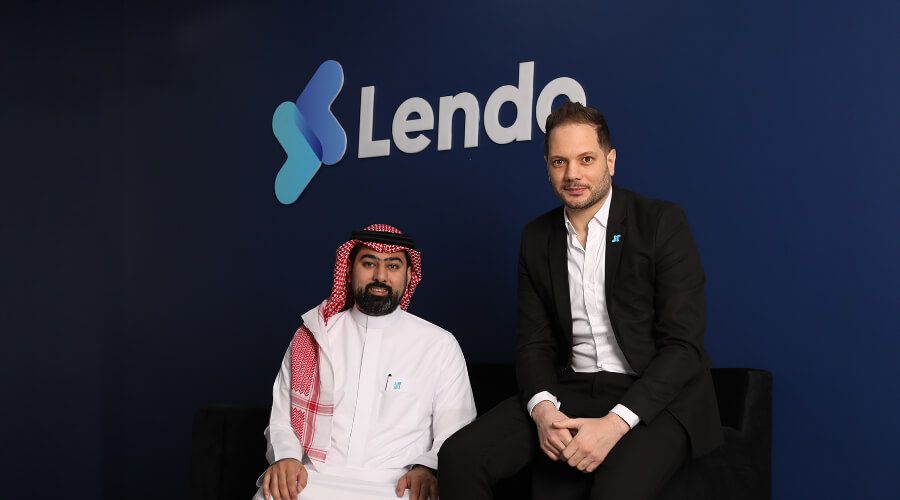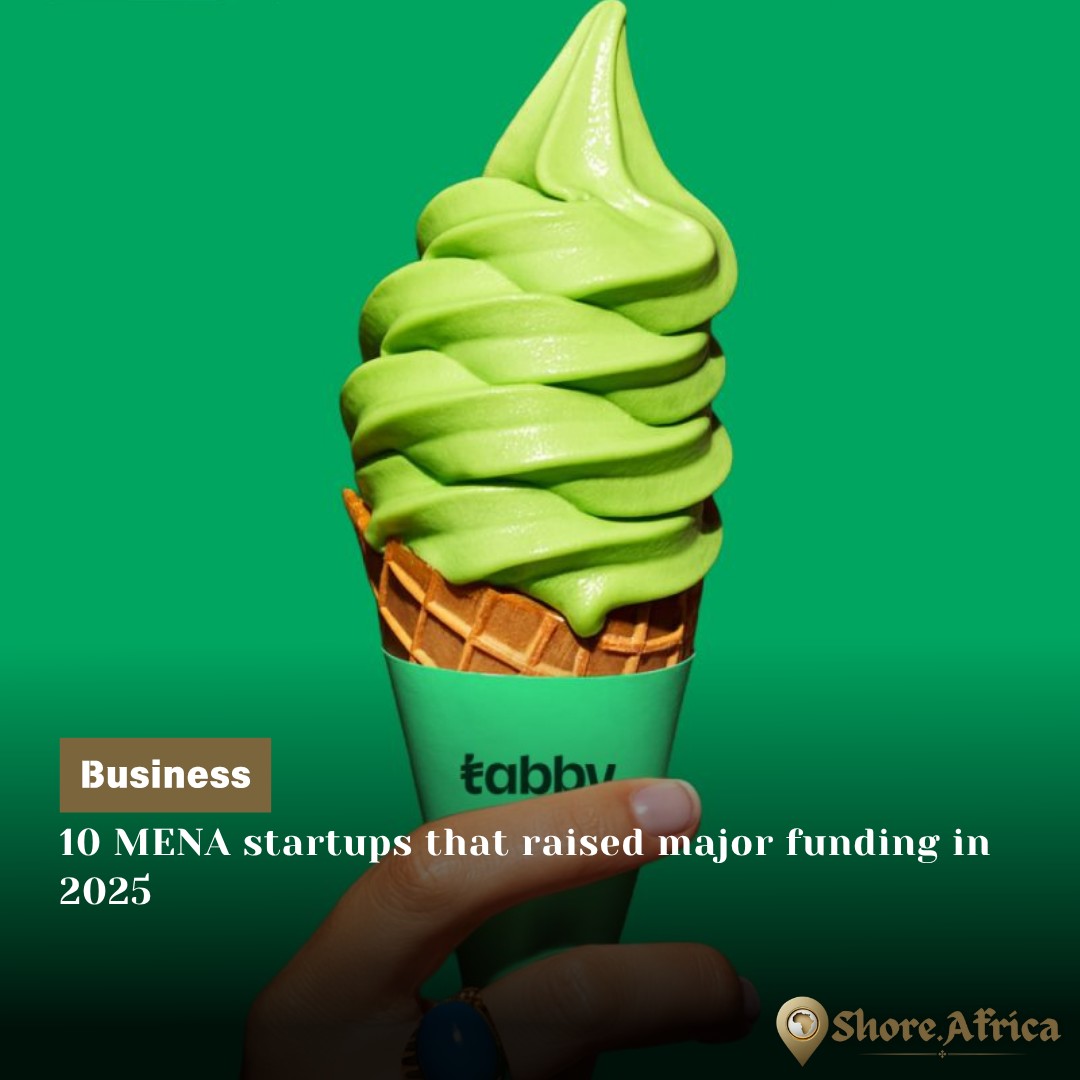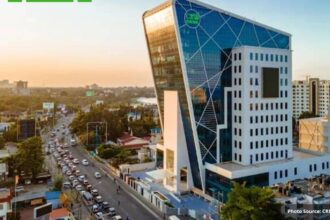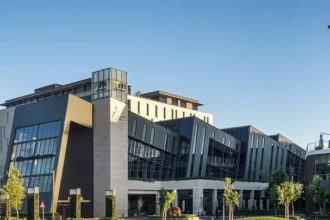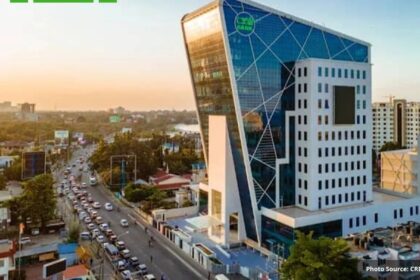At a Glance
- Fintech, logistics, and e-commerce led 2025 funding across MENA’s growing innovation landscape.
- Investors favored proven scale and profitability as late-stage funding rounds dominated the region.
- Saudi Arabia, Egypt, and the UAE led with billion-dollar valuations and global investor backing.
The Middle East and North Africa is cementing its place as one of the world’s most dynamic startup hubs.
In 2025, fintech, logistics, and e-commerce continue to dominate as investors pour record capital into high-growth firms.
Supportive regulation, rapid digital adoption, and expanding cross-border trade are fueling a maturing innovation economy across the region.
In February alone, MENA startups secured roughly $494 million across 58 deals, more than half from fintech.
Later-stage rounds now define the landscape, as backers favor companies with proven scale and profitability.
Tabby’s billion-dollar valuation, alongside MNT-Halan and SHIFT’s sustained growth, signals that regional innovation is moving beyond promise toward enduring performance.
As capital pools deepen and funding rounds grow, MENA startups are not just attracting attention, they’re demonstrating resilience, scale, and global relevance.
Shore Africa has profiled ten standout names that exemplify how far the region’s entrepreneurial ecosystem has advanced in 2025.
1. Tabby (UAE / Saudi Arabia)
Funding: $160 million Series E
Valuation: $3.3 billion
Buy-now-pay-later firm Tabby raised $160 million in a Series E round in February, led by Blue Pool Capital and Hassana Investment Company, with support from Wellington Management and STV. The funding lifted its valuation to about $3.3 billion, among the highest for any startup in the Gulf. Once known mainly for installment payments, Tabby is now branching out.
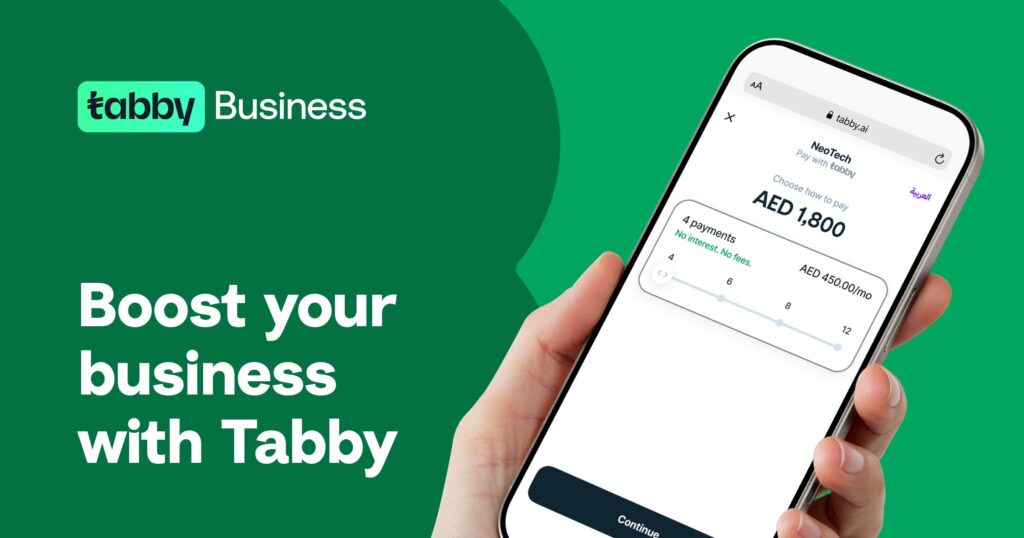
2. MNT-Halan (Egypt)
Funding: $157.5 million equity + $49 million corporate bond (2025)
Egypt’s MNT-Halan, a digital finance platform that caters to underbanked communities, secured $157.5 million in equity funding earlier this year to fuel regional growth. In May, it also issued an EGP 2.5 billion ($49 million) corporate bond, the largest ever by a local startup. The bond marks an important milestone for Egypt’s startup ecosystem, signaling how emerging companies are beginning to use domestic debt markets to raise long-term capital and reduce reliance on equity funding.
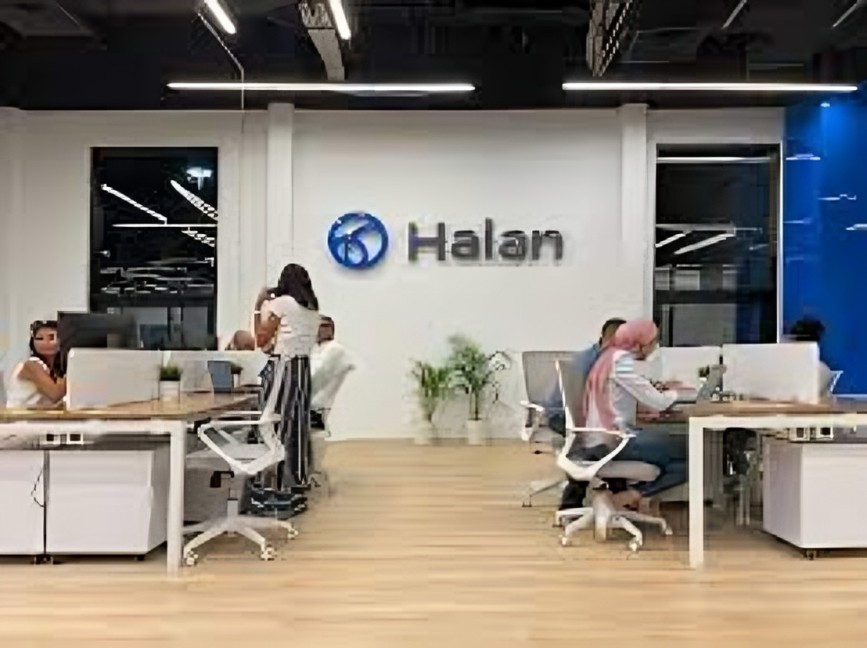
3. SHIFT (Saudi Arabia)
Funding: $82.8 million from Merak Capital
Saudi-based SHIFT, a logistics and mobility operator active in 57 cities with more than 12,000 vehicles, raised SAR 310.8 million ($82.8 million) from Merak Capital. The investment will help it expand technology-based delivery and transport services, in line with Saudi Arabia’s Vision 2030 digital transformation agenda. SHIFT’s expansion highlights rising investor confidence in transport and logistics startups as e-commerce and last-mile delivery continue to surge.

4. Ninja (Saudi Arabia)
Funding: $250 million Growth Round
Valuation: $1.5 billion
Saudi-based delivery startup Ninja secured $250 million in mid-2025, valuing the company at roughly $1.5 billion. The round drew participation from local institutional investors and family offices aligned with the Kingdom’s logistics and e-commerce expansion goals. Ninja, known for its fast delivery network and AI-driven route optimization, plans to deepen operations in major Saudi cities and expand into neighboring GCC markets. The funding underscores growing investor confidence in Saudi Arabia’s homegrown logistics and last-mile infrastructure sector.

5. Property Finder (UAE)
Funding: $525 million Strategic Investment | Lead Investor: Permira & Blackstone
Dubai-based Property Finder secured a $525 million strategic investment from Permira and Blackstone in September 2025, one of the largest private equity transactions in the region’s tech sector. The investment will support its expansion across the Middle East and further development of its data and analytics platforms. Property Finder, a dominant force in online real estate listings, is leveraging this capital to strengthen its mortgage and property valuation services, as demand for digital property solutions grows across the GCC.
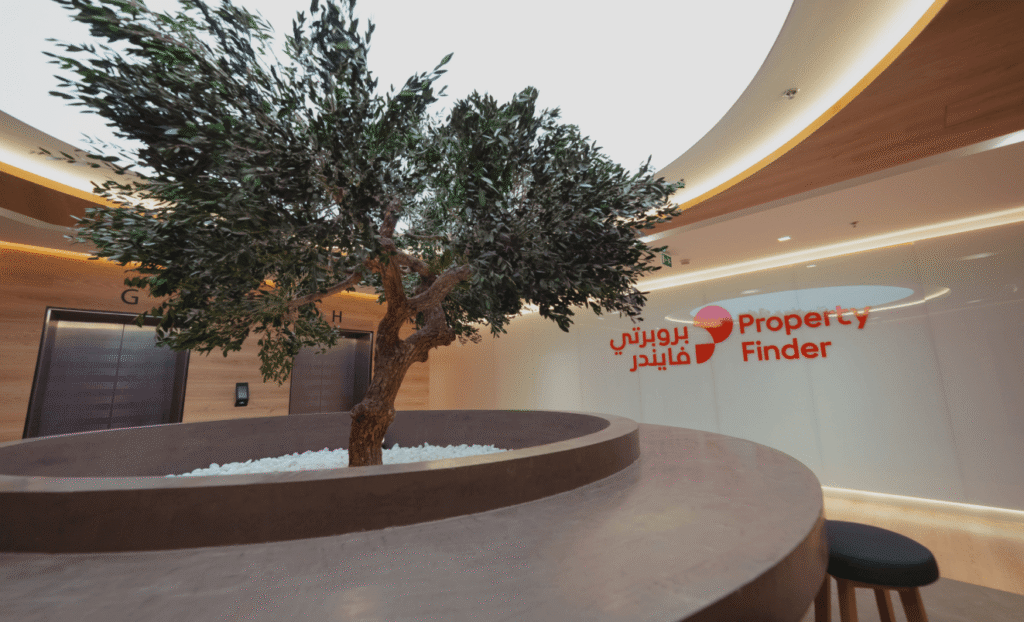
6. Nawy (Egypt)
Funding: $75 million (Series A + Debt Facility) | Breakdown: $52 million equity, $23 million debt
Cairo-based proptech startup Nawy raised a combined $75 million in May 2025, consisting of $52 million in Series A equity and a $23 million debt facility. The round was backed by Partech, Sawari Ventures, and other regional investors. Nawy offers an end-to-end property platform connecting homebuyers, developers, and mortgage providers. The new capital is helping it scale financing options for Egyptian consumers and expand its presence across North Africa, where digital property transactions are gaining traction.
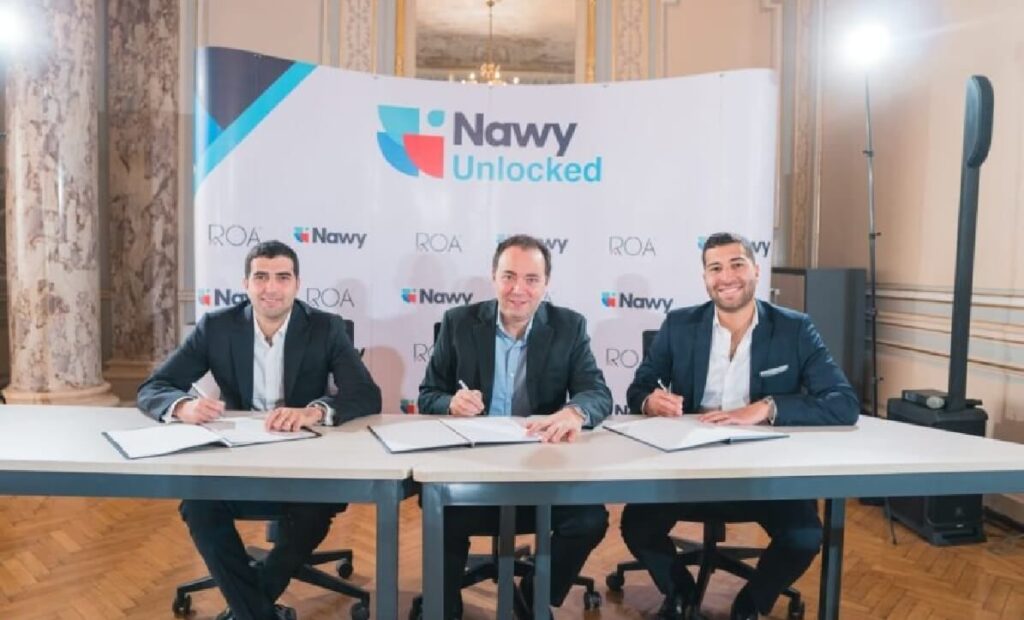
7. PetroApp (Saudi Arabia)
Funding: $50 million Growth Round | Lead Investor: Jadwa Investment
PetroApp, a Saudi-based fuel and fleet payments platform, raised $50 million in a growth round led by Jadwa Investment. The company provides digital payment solutions for fuel purchases and fleet management, serving corporate clients and logistics operators. The funding will be used to scale its B2B services and introduce new mobility and energy management tools. The deal highlights investor interest in fintech solutions that support Saudi Arabia’s expanding transport and industrial ecosystem.
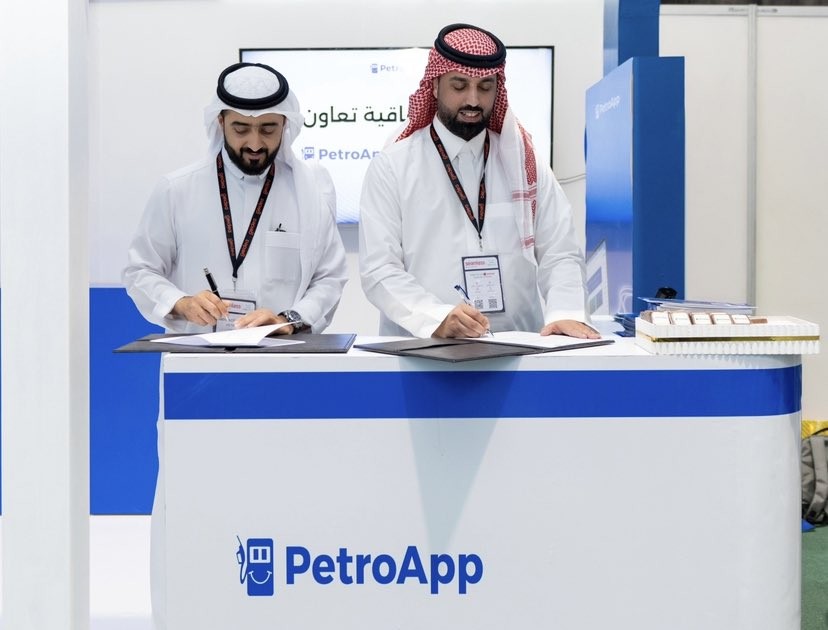
8. Alaan (UAE)
Funding: $48 million Series A | Lead Investor: Global Ventures
Corporate card and spend management platform Alaan secured $48 million in a Series A round in 2025, led by Global Ventures with participation from Sequoia India and other global investors. The Dubai-based startup enables businesses to issue smart corporate cards and automate expense management. Alaan plans to use the funds to enhance product features, expand its engineering team, and target regional enterprises seeking more efficient financial controls and real-time expense visibility.
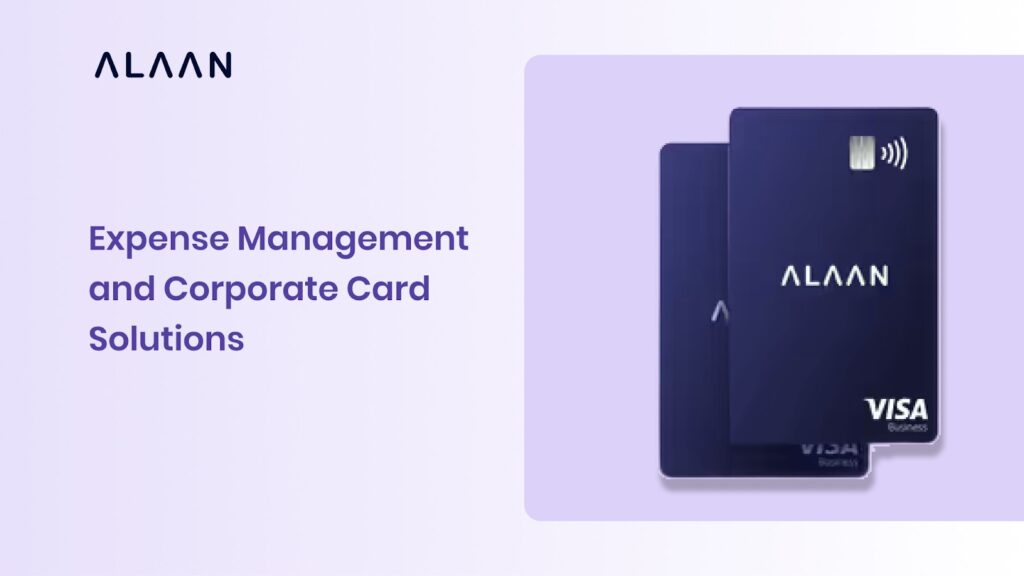
9. HALA (Saudi Arabia)
Funding: $157 million Series B | Lead Investors: PIF-backed funds & Global Fintech Investors
HALA, a Saudi fintech serving small and medium-sized enterprises, raised $157 million in a Series B round in September 2025. The round included both international fintech investors and local sovereign-linked funds. HALA provides an integrated digital wallet, POS system, and credit solutions for merchants. The funding will accelerate its push into new financial products and deepen its presence among MSMEs in Saudi Arabia, a key segment in the Kingdom’s Vision 2030 economic transformation agenda.

10. Lendo (Saudi Arabia)
Funding: $50 million Murabaha Facility | Structure: Islamic Finance
SME lending platform Lendo raised a $50 million Murabaha facility in September 2025 to expand its financing capabilities. The Shariah-compliant structure allows Lendo to provide short-term funding to small businesses with flexible repayment options. The new facility will enhance liquidity for Saudi SMEs, supporting entrepreneurship and financial inclusion—key priorities under Vision 2030’s economic diversification drive.
